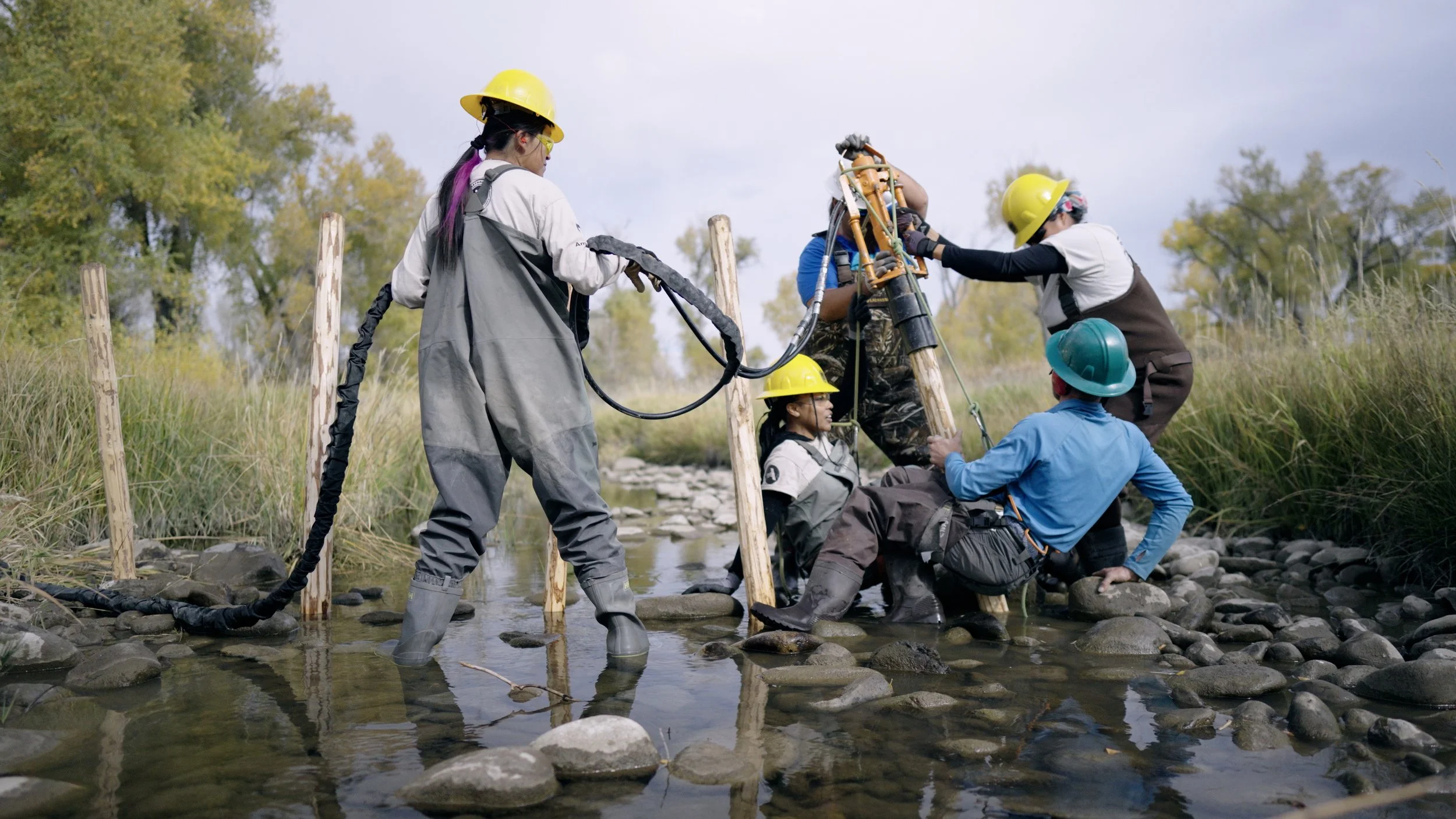Looking to the Next Generation
TWP’s Indigenous Lands Outreach Coordinator, Phillip Chavez, shares the importance of TWP’s youth engagement efforts.
Phillip: “Personally, I got my connection to the environment as a kid, going to camps, hunting and fishing with my uncles, just being on the land. And I think cultural context is important too, but it's mostly just that connection at a young age ... .When you're young, if you see the world and you see nature, it can progressively get more in depth as you get older, the passion and love for it. You can reminisce, you remember how the forest looked when you were a kid, you know? And know that now it looks so different.
And especially with climate change, drought, fire, this view can help us understand how we mitigate or manage the forest and get it to a healthy way, a good way. For me, it's about understanding those cultural contexts, how we can connect that traditional ecological knowledge, bring it back….it's just understanding the relational value of the environment around us.
And though boarding schools, language, you know, they’ve tried to take that from us – don't learn your language, don't learn this, don’t learn that. But we’re coming back to it, understanding we have to engage our youth, our seventh generation, our future.
The work that we do, especially within conservation, it doesn't happen overnight. It's going to take years and years. And the main people that will reap the benefit of planting those trees are our children, or our grandchildren, or someone even further down. So we're planting those seeds, literally, for the future.
And so we engage youth a lot, we have those kids coming in to see what things looked like before, having that relational understanding of that, so that when they get older, and they start having kids, they can continue that cycle of looking at our traditional ways of looking at how we manage these lands. We manage it for our seventh generation after us….
So we engage youth together, have that cooperation, showing, teaching, learning. And we also listen to them, what they see, so that we're including their voices when we manage different places.
There’s hope with these young generations. They’re our future.
I think we should all value change, and I think that's also where our youth play a role – their voices are the change.
This is their world, not ours.”


